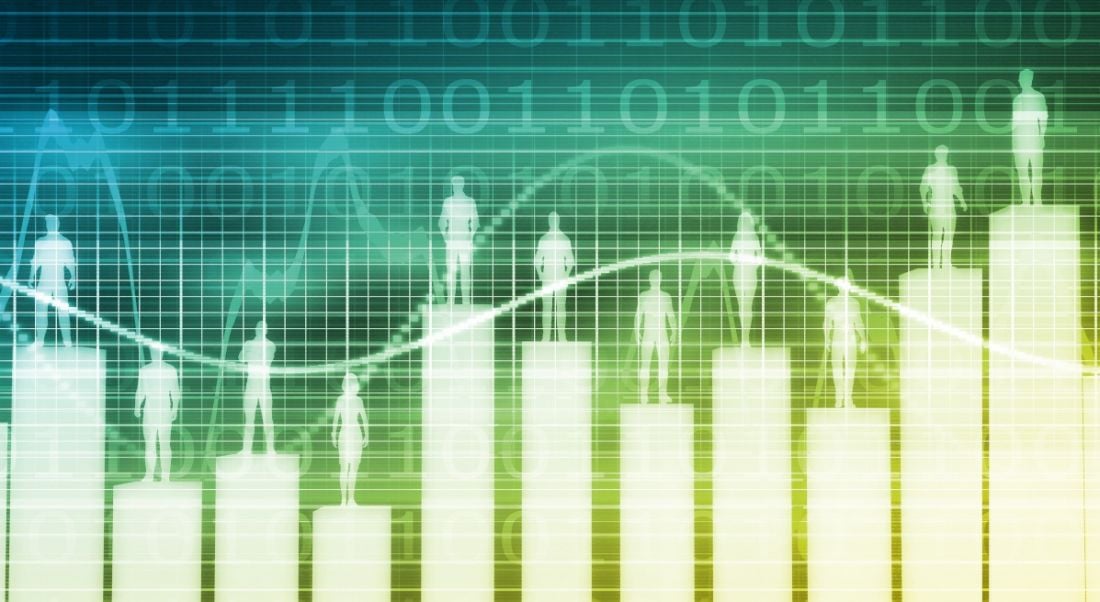As AI continues to transform the world of work, four main groups of AI users have emerged, with the potential to reshape how artificial intelligence is deployed in the workforce.
In the recently published 2024 Work Trend Index Annual Report, Microsoft and Linkedin noted four distinct types of AI user and compiled data on how these groups are shaping the world of work.
From the sceptics and novices to the explorers and power users, how an individual chooses to utilse AI undoubtedly has an effect on the broader workplace, so how are these groups applying AI and what does it signal for the future or work?
Sceptics
The term sceptic often comes with the unfair connotation that your reticence about something deemed popular by the majority is, in a sense, unwarranted or baseless. But scepticism, particularly in the early days of a new technology, is a healthy, measured response to something that you may know very little about, or that has seemingly limitless potential for consequences.
Data from the report indicates that this group is familiar with AI but uses it only once or twice a month. The time saved is negligible and overall does not significantly improve their day-to-day working life.
Novices
AI novices are somewhat familiar with AI. Similar to the sceptics, they only use AI in the workforce a few times a month, but on average they say it saves them up to 30 minutes daily.
Data from the Index shows that more than half of this group start their day with the intention of using AI tools, and they will experiment to an extent and will research and test new prompts
This group uses AI for a number of reasons, including sparking creativity, increasing productivity and preparing for the next day’s work. Almost 75pc of people within this category feel that AI can make an overwhelming amount of work more manageable.
Explorers
Explorers are exactly what the name would suggest, a group that are not experts, but are somewhat familiar and use it a few times a month or once a week.
Before beginning a new task, about 75pc of explorers said they ask themselves if AI can help them with their work. As a group, they also find AI tools enable them to focus on the most important workplace tasks and there is an overall improvement in the level of productivity.
Similar to the novice group, explorers say that AI can save them up to half an hour each day. More than three-quarters of people surveyed within this category said they would not want to go back to a system that did not include the use of workplace AI.
Power users
Power users are the most prolific users of AI tech within the workforce according to the index and therefore are more likely to dictate the trends and patterns emerging from the sector.
People in this group share a number of similarities with the previous three categories, for example, they find that AI can boost their creativity, assist them with daily tasks and save time in a work day.
The number-one predictor that an individual is likely to become a power user is in how frequently they experiment with different aspects of AI. Additionally, 85pc of people in this group will start and end their workday by using AI tools and processes.
They tend to incorporate AI into the very fabric of how they work, often in catching up on missed meetings, analysing information, problem-solving and customer/client interactions.
The data also suggests that AI power users tend to come from companies that have organised and supportive policies around AI usage, for example, power users were found to be 61pc more likely to hear from their CEO about the importance of using generative AI at work. They are also 53pc more likely to receive encouragement from leadership in regards to how AI can transform their function.
The rise of the power user reveals much about the future of AI in the workforce, but it’s important for companies to remember that not everyone is at this level of AI confidence yet, so on the march towards modernity, don’t forget about the sceptics, novices and explorers.
Find out how emerging tech trends are transforming tomorrow with our new podcast, Future Human: The Series. Listen now on Spotify, on Apple or wherever you get your podcasts.




